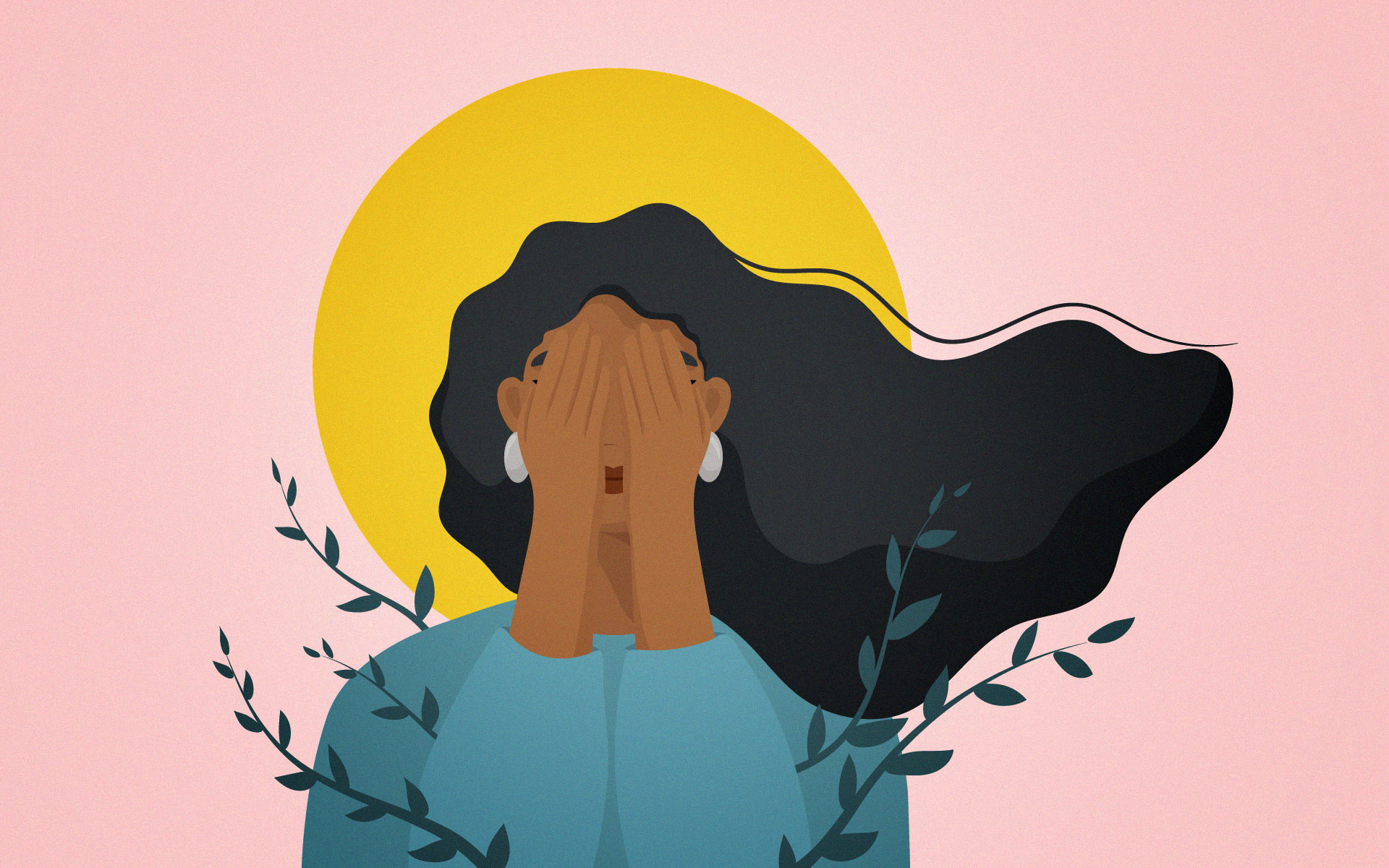Why it’s time to change the way we think about mental health

In the shadow of the pandemic, we look at mental health concerns in a new light.
In the shadow of the pandemic, we look at mental health concerns in a new light
Burnout. Anxiety. Depression. The blues. Whatever you want to call it, it’s hitting a lot of people hard.
A South African survey in October 2020 found that 56% of adults were “experiencing higher levels of emotional and psychological stress than they were before the pandemic”.
But the problem is not just Covid-related. Even before the pandemic, the World Health Organization (WHO) was reporting that mental illness accounted for 30% of the world’s non-fatal disease burden and 10% of the overall disease burden, including death and disability.
Yet for something that’s so common, so widespread and so serious, mental health is still massively misunderstood.
Part of the problem is that there’s no single mental health condition.
Mind, the UK mental health charity, lists more than 30 broad categories of mental health issues, ranging from anger and loneliness to trauma and paranoia.
Stigma, and the resulting shame or embarrassment, is one of the reasons why mental health issues are so often under-reported.
Stigma is especially a problem among men, says Dr Frans Korb, a psychiatrist in private practice in Johannesburg.
“One needs to explain to men that depression is a biological illness, and that it needs help and needs to be treated from a medical point of view.”
It’s important to underline that some mental health conditions, including depression, boil down to an imbalance in the body’s chemistry.
A teenage girl, for example, could show signs of depression because of an under-active thyroid gland; a grown man who is battling with sleepless nights and dark moods could have low serotonin levels.
Just as there is no single kind of mental health condition, there is also no one-size-fits-all cause.
A 2021 study by the University of South Australia found, for example, that while a difficult childhood can increase the likelihood of mental illness, a happy and secure childhood is no protection against developing mental illness later in life.
That can make the symptoms of mental health issues difficult to detect.
Fortunately, there are some general indicators that you can watch out for, in yourself or in the people around you.
The South African Depression and Anxiety Group (SADAG) Sphere Questionnaire starts with two indicators: “For more than two weeks, have you: 1. Felt sad, down or miserable most of the time?; or 2. Lost interest or pleasure in most of your usual activities?”
If you answer “Yes” to either of those, the questionnaire provides 27 further indicators, ranging from “Unable to concentrate” and “Feeling overwhelmed” to “Feeling irritable” and “Being tired all the time”.
If you tick the box next to three or more of those 27 indicators, it’s a sign that you probably have a depressive illness.
Identifying that you need help is just the first step. Your next step should be to see a doctor.
Your GP will be able to help you with further screening or referral, and might prescribe medication.
“Reach out,” says Dr Colinda Linde, a clinical psychologist and SADAG Board Member.
You’ll find SADAG counsellors at sadag.org, along with many psychologists, such as Dr Linde, who are working online and can support you.
There are also self-help sites such as ThoughtsFirst and Very Well Mind.
Another tip, says Dr Linde, is to consider people who are worse off than you may be.
“Not to minimise how bad you are feeling, but to develop compassion, which always lifts you out of a dark hole.”
And however dark that hole may seem, it will not go on forever. Getting out is simply a matter of taking one step at a time.




